In 2024, Toronto’s housing crisis continues, with the market facing challenges amid rising inflation. Homeowners are either compelled to sell or turn to renting out spaces like basement apartments for additional income. In this guide, we’ll provide important insight for both landlords and tenants about the complexities surrounding illegal basement suites and the legal basement requirements for Toronto. We’ll also explore the Toronto housing market forecast for 2024, providing strategies to navigate the challenges of renting basement apartments in Toronto.
The Current State of Toronto’s Housing Market

The city is experiencing a severe housing shortage as both rental, selling prices and mortgage rates continue to rise, making it increasingly difficult for residents to find affordable living spaces. This crisis is primarily driven by the city’s increasing population, fuelled by robust immigration, and a glaring mismatch between the demand for new homes and their supply.
The financial strain is evident, as owning a home in Toronto consumes a significant portion of household income, compelling many to seek alternative housing solutions such as basement apartments.
Understanding the Legal Framework of Basement Apartments
For a basement apartment to be deemed legal in Toronto, it must meet The Ontario Fire Code, Section 9.8. This regulation outlines the essential standards for fire safety, electrical systems, and zoning by-laws. A growing number of basement apartments fall short of these standards, making them illegal basement apartments and unsafe.
The consequences these landlords face not only involves hefty fines but the potential of shutting down the apartments permanently. For tenants, this means living in unsafe conditions or to face homelessness.

What Is The Fine For Renting An Illegal Basement?
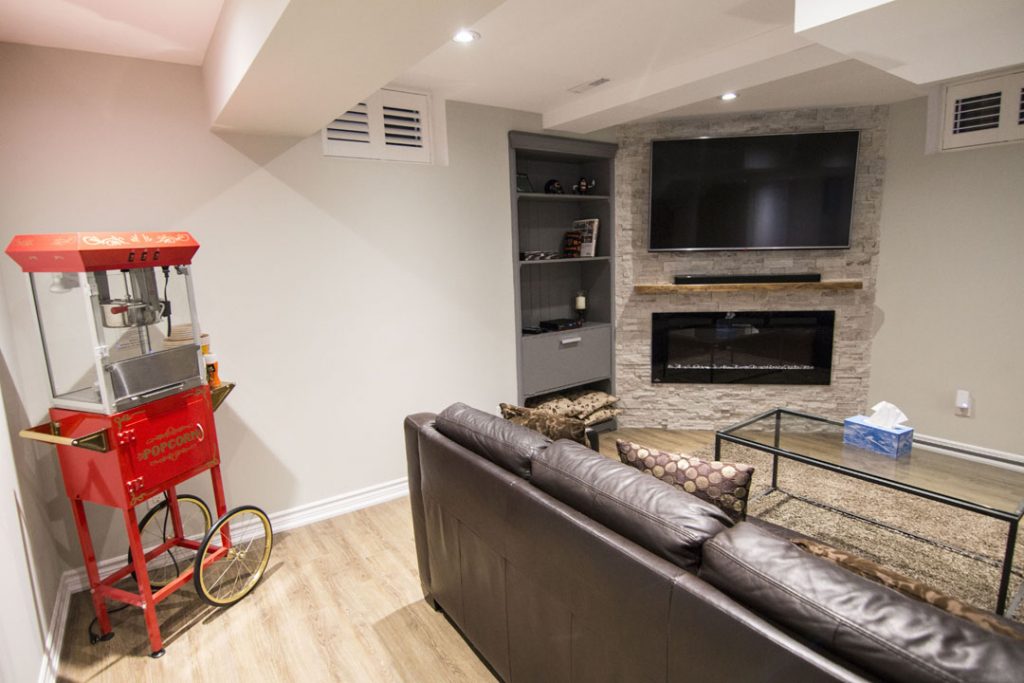
Landlords will face penalties for renting illegal apartments which can include hefty fines of up to $25,000 for individuals or up to $50,000 for corporations.
Aside from fees, they can also face legal actions and the potential requirement to dismantle non-compliant units. Moreover, landlords bear the liability for tenant safety, making legal compliance not just a legal obligation but a moral one too.
Tenant Safety and Rights in Basement Apartments
For tenants, living in an illegal basement apartment can pose serious safety risks. It’s important for tenants to be aware that there are rights and the safety features that should be present in a legal basement unit.
Tenants should also understand the procedures to report non-compliant landlords or unsafe living conditions.
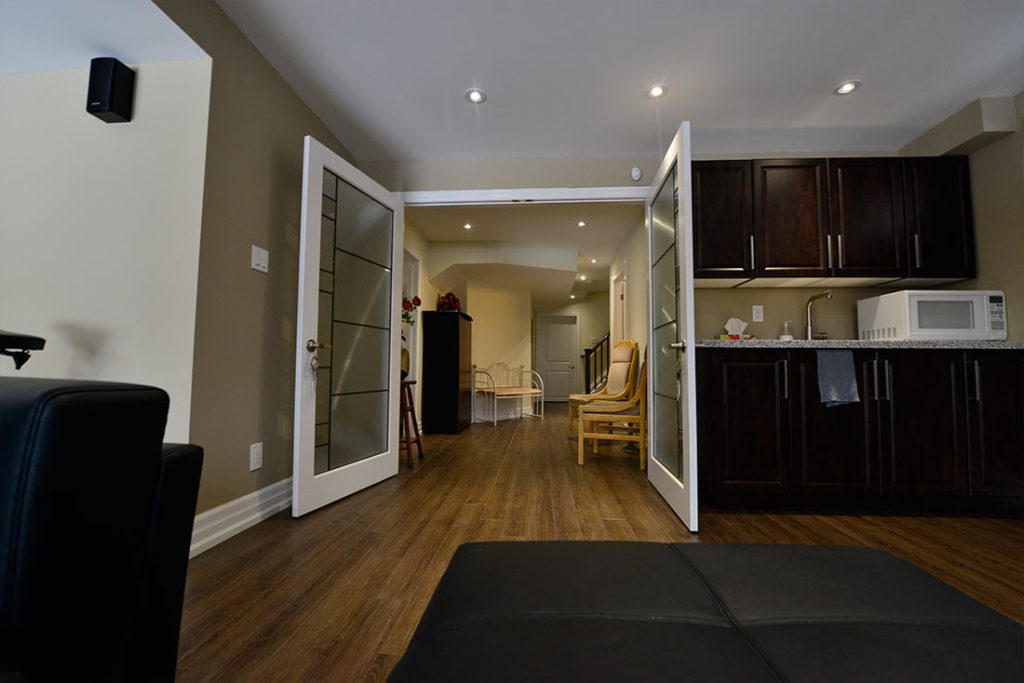
Steps to Legalize a Basement Apartment
The Challenge of the Shadow Rental Market
The shadow rental market in Toronto, being unregulated and has many illegal basement apartments, poses significant risks for both landlords and tenants.
It’s crucial for rental agreements to be transparent and legally compliant to avoid safety risks and legal complications.
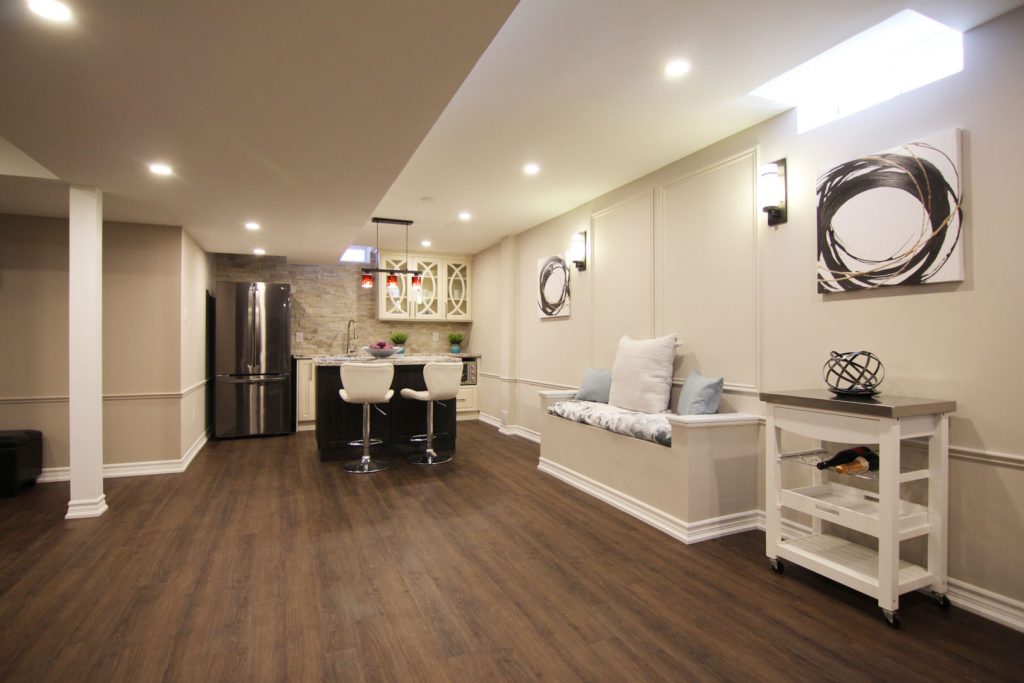
Impact on Toronto’s Housing Crisis
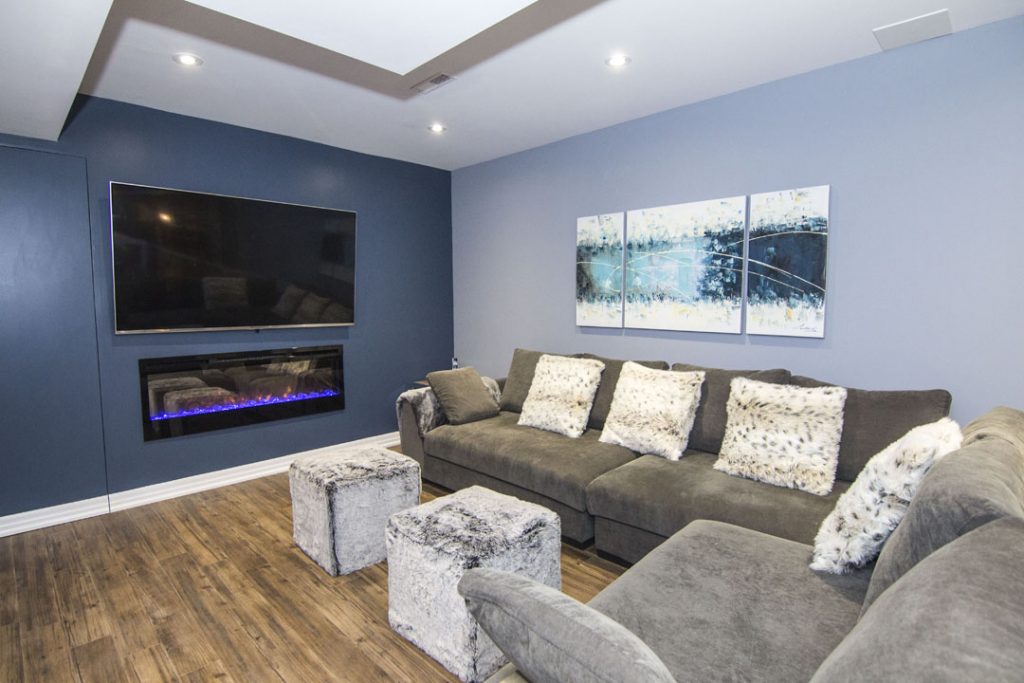
The illegal basement apartments contribute largely to the housing crisis in Toronto by decreasing the availability of secure and legal units.
If illegal basement units start to decrease, it can play an important role in addressing the housing crisis, where the city starts to have more affordable housing options.
Making Informed Decisions in the Housing Market
For first time tenants and landlords, understanding how the rental housing market works can be complicated to understand. Let’s take a closer look at the differences between legal basement vs. illegal ones.
Legal Basement vs. Illegal
When searching for a basement apartment, it’s important to look out for certain red flags that may indicate the unit is illegal or unsafe:
Remember to always review the lease agreement and know your rights for tenants and landlords. Question the fine print and if there is a clause that you don’t understand, be sure to get clear answers. We suggest always having a written form of communication and you can always ask for the clarifications or agreed terms written in the lease to ensure the legal basement requirements in Toronto are met.

Government Initiatives to Tackle the Housing Crisis
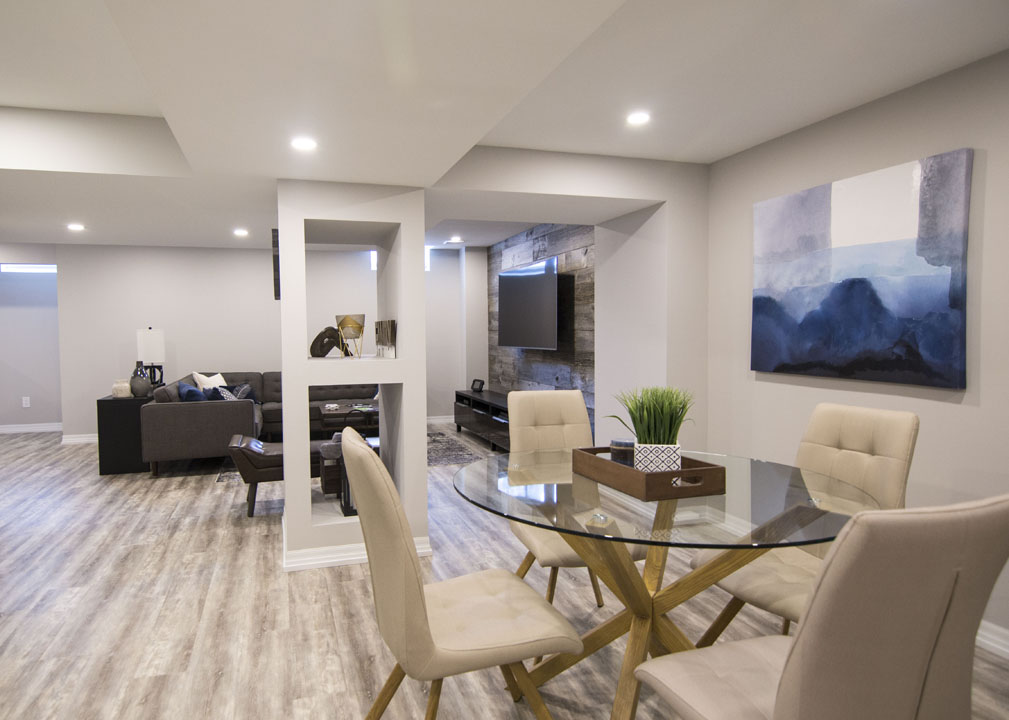
The City of Toronto and the Ontario government are actively addressing the housing crisis through various initiatives aimed at increasing housing supply and affordability.
These include removing policy and zoning barriers, leveraging public land for housing development, and encouraging the construction of multiplexes in residential neighborhoods.
The Broader Implications of High Housing Costs
Toronto’s high housing costs have broader implications beyond just the difficulty in finding affordable homes. They also impact the city’s ability to attract and retain talent, as the cost of living becomes a deterrent for many considering moving to or staying in Toronto.
For those who seek opportunities in Toronto, the state of the housing market ultimately forces them to resort to renting illegal basement suites.

The Way Forward for Toronto’s Housing Market
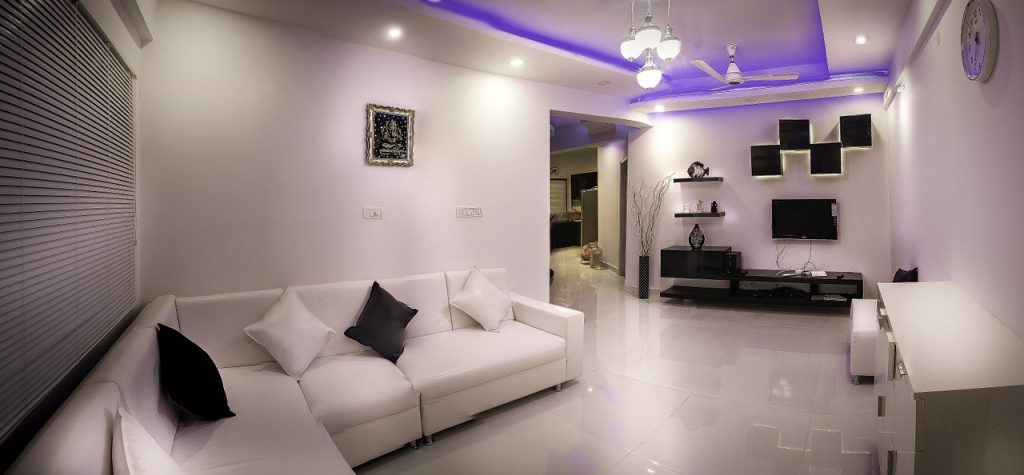
Addressing Toronto’s housing crisis requires a multifaceted approach, including building a diverse range of affordable homes. This effort requires collaboration across government levels, the private sector, and the community.
By increasing the supply of various types of housing, from single-family homes to apartments and multiplexes, Toronto can start to ocercome the challenges of its current housing crisis.
Harmony Basements Provides Solutions to Housing Crisis
As Toronto continues to face housing challenges in 2024, understanding and complying with the legalities of basement apartments is essential.
This is where Harmony Basements comes in – providing expert guidance and solutions. By transforming these spaces to meet your needs and the legal basement requirements of Toronto, we can collectively contribute to overcome the housing shortage in Toronto.
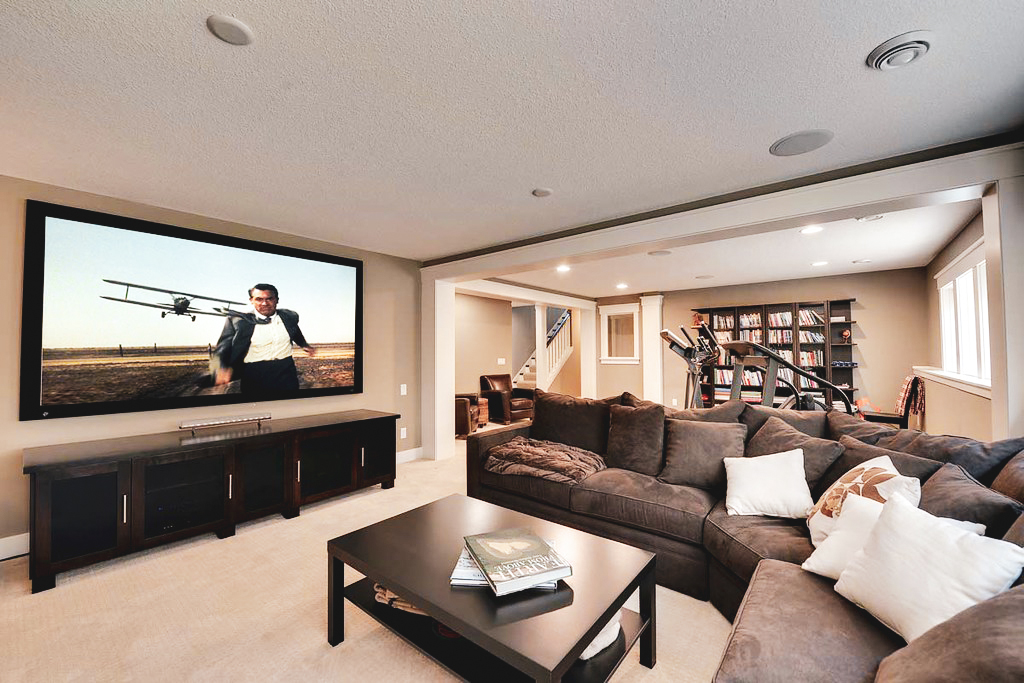
If you’re a landlord seeking to legally rent out your basement or a tenant in search of a secure and affordable housing option in Toronto, reach out to Harmony Basements for expert advice and solutions. Together, we can make a positive impact on Toronto’s housing landscape, ensuring that basement apartments are not just viable options, but are safe and legal ones.
Final Thoughts
This comprehensive guide sheds light on the critical aspects of basement apartments in Toronto’s challenging housing market of 2024. From legal compliance to safety standards, and the broader impact on the city’s housing crisis, understanding these facets is key for both landlords and tenants. By meeting building code and safety, and with the assistance of services like those offered by Harmony Basements, illegal basement apartments can be removed as an “affordable” housing solution and be transformed into viable, legal, and safe housing solutions, contributing positively to addressing the city’s housing shortage.
As we navigate these complex times, it’s crucial for all stakeholders in the housing market to stay informed, make wise decisions, and seek professional guidance where necessary. Whether you are looking to rent out a legal basement apartment or searching for an affordable place to call home, the journey towards a safe and legal living space is an important one.
By working with Harmony basements to transform your illegal basement apartment, ensuring safety, and working towards affordable housing solutions, we can make change towards a more stable and inclusive housing market in Toronto.
Start by booking your basement renovation consultation with our Harmony team today!
The post Toronto Housing Crisis: The Impact Of Illegal Basement Apartments appeared first on Harmony Basements.
https://harmonybasements.ca/toronto-housing-crisis-the-impact-of-illegal-basement-apartments/
 Backyard GrillingWeekend WarriorsAdvice from DadBeard GroomingTV Shows for Guys4x4 Off-Road CarsMens FashionSports NewsAncient Archeology World NewsPrivacy PolicyTerms And Conditions
Backyard GrillingWeekend WarriorsAdvice from DadBeard GroomingTV Shows for Guys4x4 Off-Road CarsMens FashionSports NewsAncient Archeology World NewsPrivacy PolicyTerms And Conditions
